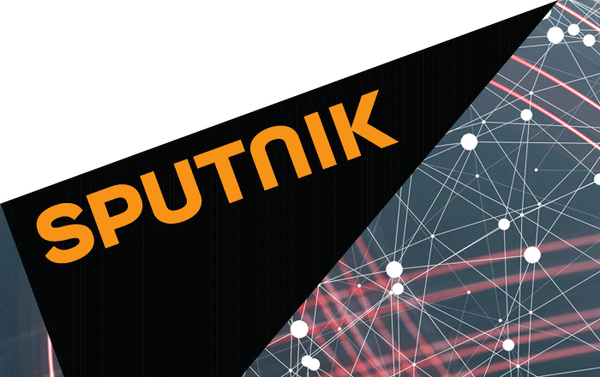They're very important because voters will choose their regional and national legislatures and presidencies through a very complex system that was created in 1995 after the Dayton Agreement. The central government officially wants to become a member of the EU and NATO, but it can't do so without the support of the highly autonomous Republika Srpska that forms its second constituent half.
Regional leader Milorad Dodik is opposed to joining the military alliance that bombed his part of the country in the mid-1990s but is more measured when it comes to the economic union, though he'll only allow the country to take steps in that direction so long as they don't lead to any infringements on Republika Srpska's sovereignty, which he accuses Sarajevo of trying to illegally carry out over the past couple of years. Adding a touch of international drama to these elections is that Dodik accused the US and the UK of funding local opposition groups, a claim that was also repeated by Serbian President Aleksandar Vucic.
Dodik is known as a fierce defender of Serbian rights in Bosnia, so much so that he even at times flirts with the idea of secession whenever his people aren't treated fairly by the federal authorities. Although he's toned down his rhetoric in the past few weeks, the shadow of a possible so-called "border correction" between Serbia and its renegade province of Kosovo looms heavy over regional dynamics, with many fearing a possible chain reaction in the Balkans if this comes to pass. Not only could it affect intra-Bosnian relations between Serbs and the central authorities, but it could also come to involve the Croats as well.
These people are mostly concentrated in what is known as the Federation of Bosnia and Herzegovina, which they rule together with the Muslim majority of that region. There's been talk for some time of the Croats breaking off from this structure and forming their own separate federal unit, though such a move is thought to be illegal and is also strongly opposed by Sarajevo. That might change, however, if an agreement between Belgrade and Pristina "legitimizes" the concept of ethnic borders in the Balkans.
Andrew Korybko is joined by Joaquin Flores, Chief Editor of Fort Russ News and Director of the Center for Syncretic Studies, and Stefan Karganovic, President Srebrenica Historical Project and political analyst currently based in the Netherlands.
Want to sound off and share what you think about this? Send us an email at radio@sputniknews.com or find us on Facebook!


